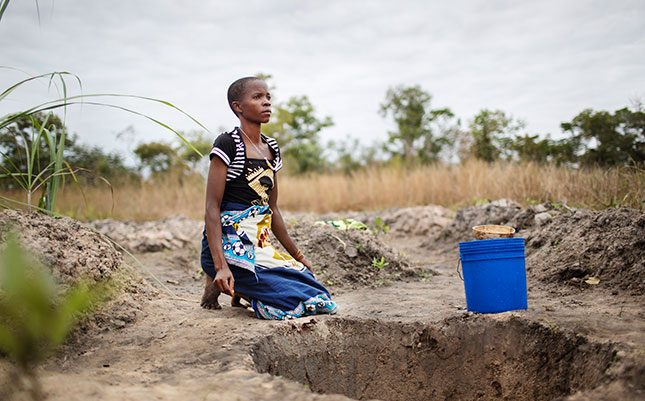Dirty water kills over 800,000 women every year - WaterAid

Nearly 800,000 women die each year because they lack access to clean water, according to a study by WaterAid, a development organisation advocating for clean water for all.
The figure is higher than deaths caused by AIDS, diabetes and breast cancer.
This puts lack of decent sanitation just below heart disease, stroke, lower respiratory infections and chronic obstructive pulmonary disease in the list of top killers of women in the world
"This completely unacceptable situation affects women and girls' education, their health, their dignity and ultimately, in too many cases, results in an early and needless death," WaterAid CEO Barbara Frost said in a statement.
According to their records, one of in three women around the world do not have access to clean toilets, while 370 million do not have access to clean water.
The group further stated that women and girls in developing countries are the most prone to the dangers of not having clean water, because of diseases contracted through the intake of dirty water and having to collect and carry water throughout their lives.
This practice not only poses a danger to young girls' health but also hinders their education as the amount of time spent collecting water takes up to six hours a day. Most of the girls surveyed also drop out of school once they start to menstruate because they have no place to keep clean.
Women in developing countries who give birth at home are also deprived of clean water causing infections to themselves and their babies.
The lack of safe toilets endangers women and girls at night because they are exposed to threats of sexual harassment and assault from predators, the study found.
The data used in the WaterAid research was sourced from the Institute of Health Metrics' research centre.
The agency laments that while there have been improvements to clean water access, there are still 750 million people going without and 1.25 billion still live without access to a safe, private toilet.











